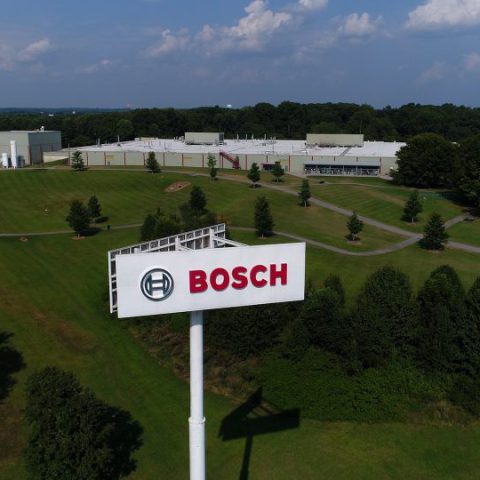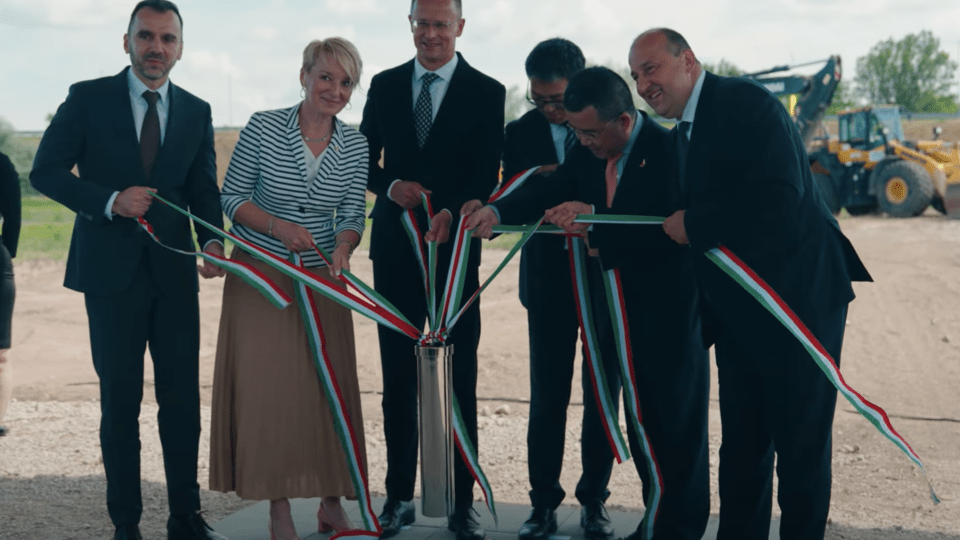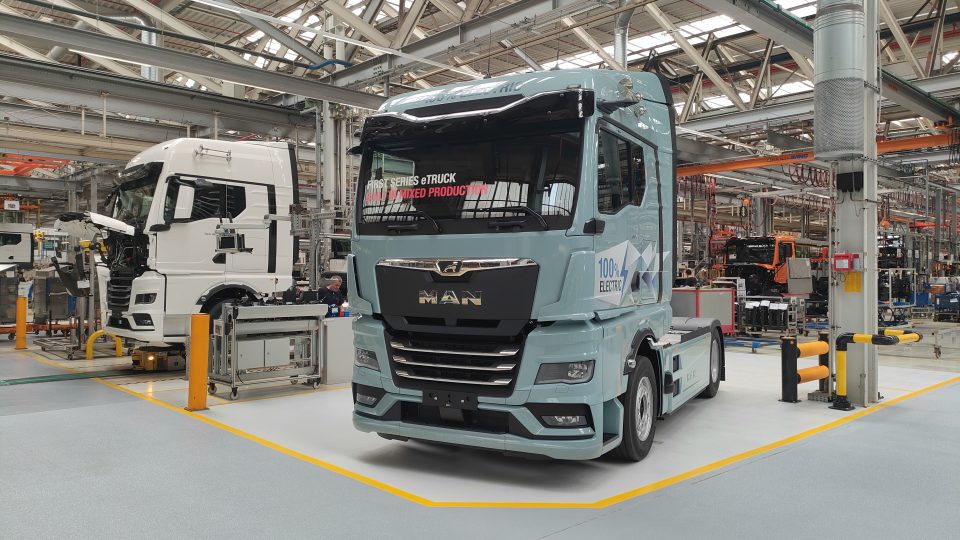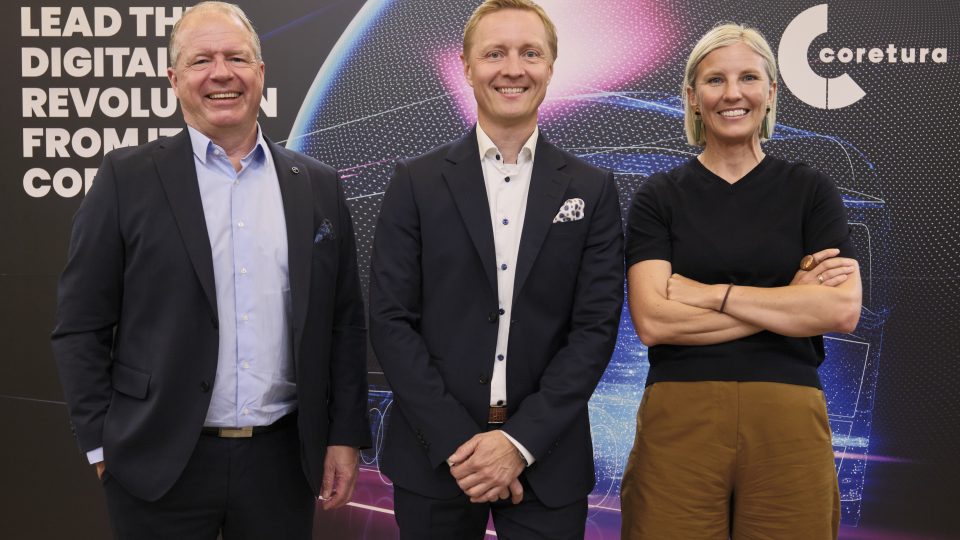Bosch will produce fuel cell stacks in South Carolina, USA
The fuel cell stacks produced in Anderson will drive hydrogen-powered trucks coming to the roads of the U.S. in the next few years.

Bosch will soon start manufacturing fuel cell stacks in Anderson, South Carolina. The global player is about to invest something like 200 million dollars in order to support hydrogen economy with its first production of fuel cell technology in the U.S. The whole project is expected to create at least 350 new jobs by the start of production in 2026.
The fuel cell stacks produced in Anderson will drive hydrogen-powered trucks coming to the roads of the U.S. in the next few years. A fuel cell operates by using hydrogen to generate electrical energy. As the hydrogen ions pass over the fuel cell plates, they combine with oxygen to create electricity. The only by-product is water, allowing the vehicle to run with zero local carbon emissions.
Bosch and the centrality of fuel cell-based mobility
When hydrogen is produced using renewable energy, also called green hydrogen, fuel cells enable vehicles to be operated nearly CO2-free. Especially for large, heavy vehicles, fuel cells have a better carbon footprint than exclusively battery-electric when the CO2 emissions for production, operation and disposal are added together according to research conducted by Bosch.
“The hydrogen economy holds great promise and at Bosch we are all in”, commented Mike Mansuetti, president of Bosch in North America. “This is a significant milestone as we announce the first fuel-cell related production for Bosch in the U.S. to support the growing demand from our local customers as part of a diverse approach to powertrain technology.”
















